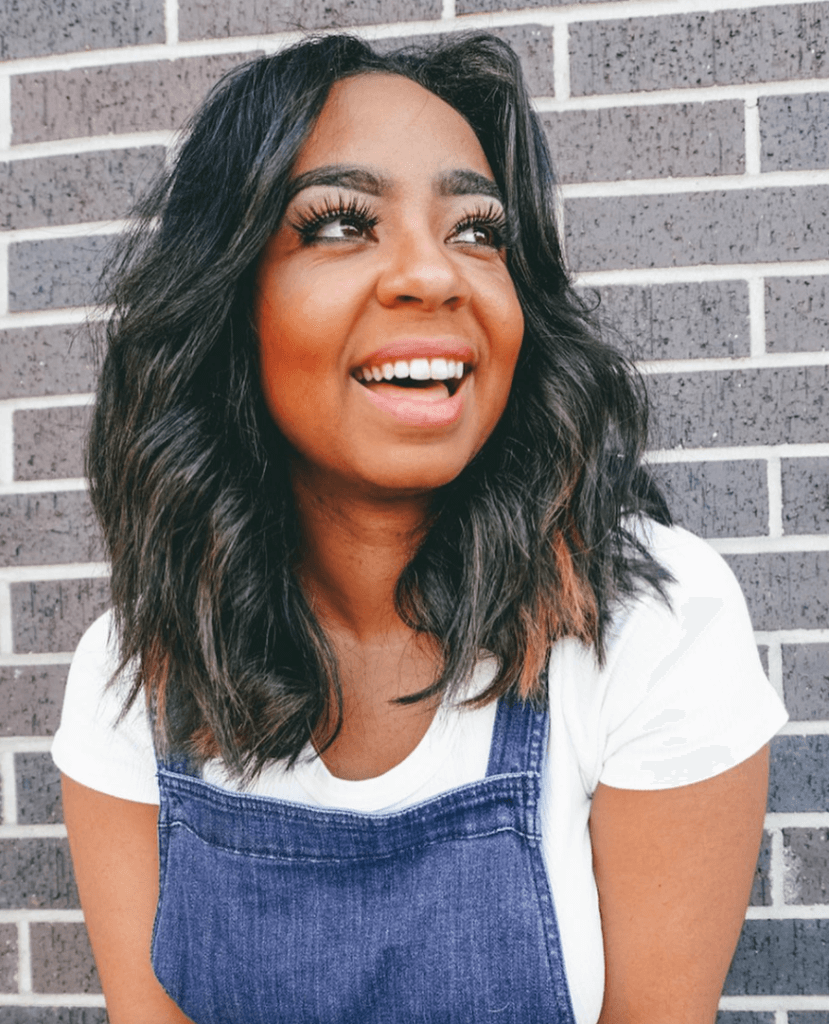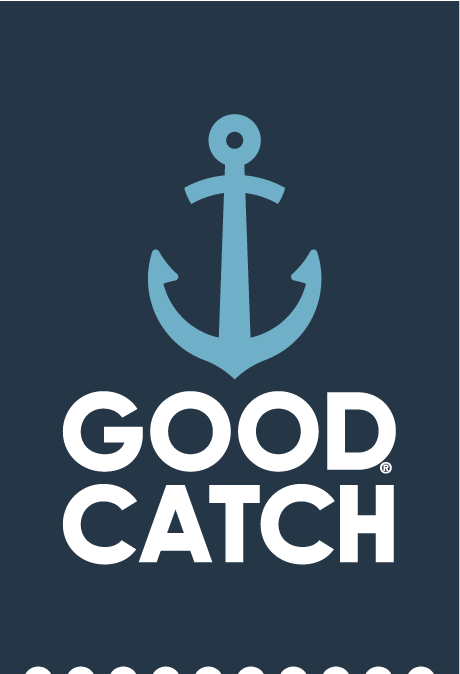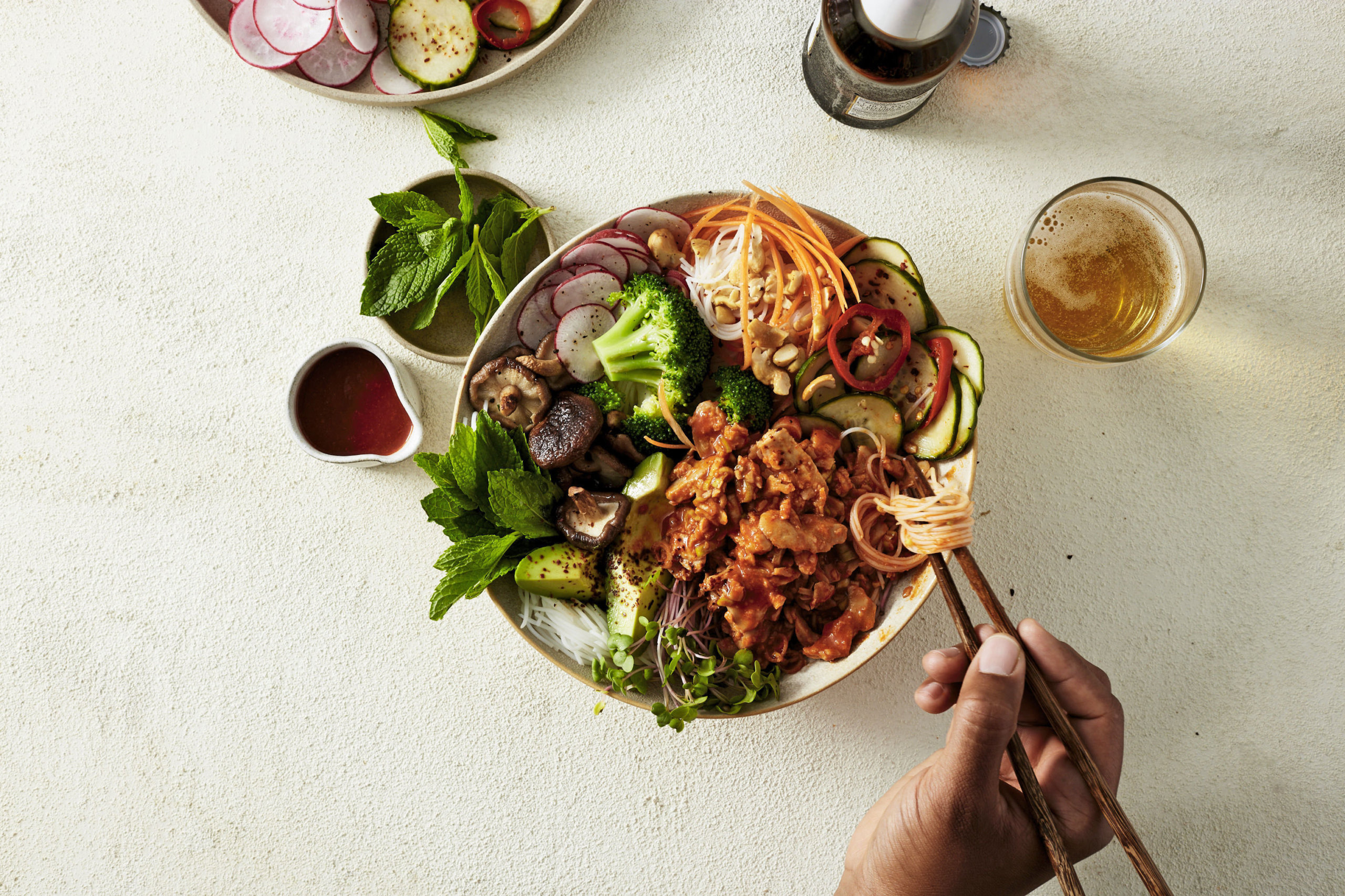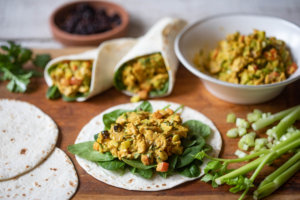
Cara Celeste West, also known as The Great Full Girl/@thegreatfullgirl, is a a vegan recipe developer, foodie and traveler focused on creating easy, familiar dishes in a vegan version to make plant-based eating fun, accessible and affordable.
Why are you vegan?
I never thought in a million years I would be vegan, but I’ve been vegan for three years now! Although I always loved animals, I never once questioned where or rather, who my food came from. It wasn’t until I stumbled across the documentary on Netflix, What The Health, that I opened my mind to begin to question the food I was eating, what it was doing to my body, and the environmental repercussions of animal agriculture.
After watching the documentary, I found myself devouring every book, article, and similar documentaries that pertained to plant-based eating. I was shocked at the information that I was learning. “Why didn’t more people know about this?” and “Why was I never taught about this?” were some of the questions I remember asking myself at the beginning of my vegan journey. The more I learned, the more action I wanted to take to improve my health. But the funny thing about this part of my journey is that it was hard to make the commitment to being vegan for health alone. For about 6-9 months I considered myself to be pescatarian. I grew up in a Creole family and seafood dishes like crawfish étouffée, seafood gumbo and shrimp scampi were staples growing up. I didn’t know how I could give those dishes up.
It wasn’t until I started to learn more about how the industrial animal agriculture system was impacting our planet that I truly started to take my transition to plant-based eating seriously. I had always considered myself to be an environmentalist and when I learned that factory farming was one of the major contributing factors to accelerated climate change I knew that going vegan was bigger than me. It meant I could help make a difference for our planet and the animals we shared it with.
Today, I consider myself to be vegan for my health, for the planet, and most of all the animals I love so dearly.
What do you eat?
When I first went vegan I had no idea what to eat. It’s the reason why I advocate for people to take their transition slowly and go at their own pace to learn what foods they like and what foods they don’t. When we start our transitions to a plant-based diet, many of us are teaching ourselves how to eat all over again since we’re having to rethink our standard ways of eating.
In the past three years, I’ve found a balance of foods I consider to be my staples, like plenty of bananas and berries, nuts like cashews and almonds, seeds like flax, chia and pumpkin. The vegetables that I find to be the most versatile for breakfast, lunch, and dinner are leafy greens like broccoli, spinach, and kale as well as sweet potatoes, beets, cauliflower and avocados.
I focus on creating comfort style meals that remind me of the foods I used to eat before going vegan like burgers, tacos, mac and cheese, pancakes, meatloaf, sushi and so much more. I enjoy food even more now that I’m vegan because I truly appreciate the level of creativity it takes to recreate familiar dishes and I feel incredibly grateful to eat food that aligns with my morals and values of doing the least amount of harm possible.
How do you get protein?
This question comes up a lot when you go vegan. Many people are unaware that protein actually comes from plants, and that, instead of consuming protein from animals, you can get protein directly from the source — plants! Some of the plant-based foods with the highest levels of protein are chickpeas, tempeh, lentils, tofu, beans, quinoa, and leafy greens.
Protein deficiency is actually pretty rare. If you’re eating enough plant-based foods on a plant-based diet, you’re likely getting enough protein as well as additional essential nutrients like fiber that you wouldn’t otherwise be getting from animal products.
What foods do you miss most?
Many people say that cheese is the food that they miss most and is typically the hardest to give up but for me it was seafood. I grew up in a Creole family and seafood was a staple in our home. What’s important to understand in your transition to a plant-based diet is that food is more than just sustenance, it contains memories. Food is often the center of gatherings, parties and events with our friends and family and it carries with it our traditions, our heritage and our cultures. It’s the reason why transitioning to a plant-based diet can be difficult as we learn to recreate those treasured family recipes into a plant-based version.
Which is why I’m so grateful for brands like Good Catch! Good Catch plant-based seafood allows me to experience the taste of real seafood including the flaky texture without doing harm to our oceans or marine life. I’m so happy that with their help, I too can help be a part of the solution to creating a more sustainable world.


